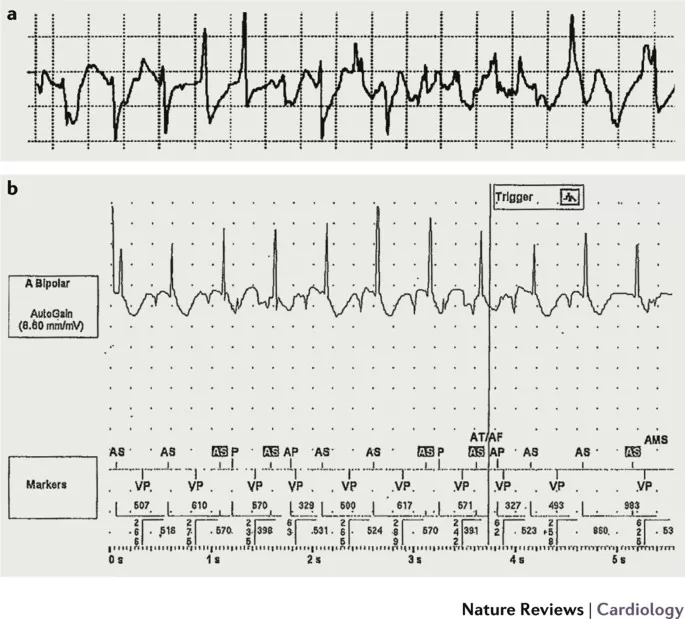In a groundbreaking international study, artificial intelligence (AI) has demonstrated significantly greater accuracy than human technicians in analyzing long-term electrocardiogram (ECG) recordings. The research, published in Nature Medicine, reveals that AI led to 14 times fewer missed diagnoses of severe arrhythmias compared to human experts.
Addressing a Critical Need in Cardiac Diagnostics
Patients experiencing symptoms such as irregular heartbeats, dizziness, or fainting often require extended ECG monitoring. These “long-term ECG recordings” capture every heartbeat over several days, generating extensive data that demands meticulous analysis to identify potential heart rhythm abnormalities.
Traditionally, ECG technicians review these recordings, a process that is both time-intensive and resource-heavy. This study aimed to determine whether an AI model could effectively replace human technicians, allowing cardiologists to receive reports directly from the AI.
Study Methodology and Key Findings
Led by Linda Johnson, Associate Professor of Cardiovascular Epidemiology at Lund University in Sweden, alongside Jeff Healey, senior scientist at the Population Health Research Institute in Canada, the study involved 14,606 patients. Each patient underwent an average of 14 days of ECG monitoring, resulting in a total of over 200,000 days of ECG data.
These recordings were first analyzed by human ECG technicians using standard clinical procedures. The same data were then re-examined by an AI algorithm called “DeepRhythmAI,” developed by MEDICALgorithmics, Poland. To ensure accuracy, the researchers randomly selected over 5,000 arrhythmia episodes for intensive beat-by-beat evaluation by 17 panels of expert cardiologists and electrophysiologists worldwide.
The results were striking:
- The AI model missed severe arrhythmias in only 0.3% of cases, compared to 4.4% missed by human technicians.
- The AI demonstrated 99.9% confidence in ruling out severe arrhythmias in a 14-day ECG recording.
- The number of false positives was slightly higher for AI (12 per 1,000 recording days) than for human analysis (5 per 1,000 recording days), but the AI consistently flagged serious cases for physician review.
Implications for the Future of ECG Analysis
The findings highlight the potential of AI to revolutionize ECG diagnostics by reducing diagnostic delays and addressing global shortages of trained ECG technicians. Currently, many long-term ECG devices use AI for interpretation, but with varying levels of accuracy. This study provides compelling evidence that a high-quality AI model could offer faster, more cost-effective diagnostics while maintaining exceptional accuracy.
“We believed that AI could solve this problem. That’s why we wanted to study what happens if you skip the ECG technicians altogether and let an AI algorithm do the job of detecting the arrhythmias, which cardiologists then review,” said Johnson.
Healey emphasized the importance of balancing sensitivity and specificity: “It must have near-perfect sensitivity, meaning that any potentially serious arrhythmia must be flagged for a doctor’s assessment. At the same time, the AI model must not over-diagnose minor issues, which would lead to unnecessary physician reviews.”
Conclusion
This study marks a major milestone in AI-driven medical diagnostics, demonstrating that AI can enhance efficiency and accuracy in ECG interpretation. The implementation of AI in long-term ECG analysis could reduce healthcare bottlenecks and improve patient outcomes globally.
Disclaimer: This article is based on a scientific study published in Nature Medicine. The AI model discussed is not a replacement for clinical judgment but a tool to aid healthcare professionals in diagnosing arrhythmias more efficiently. Patients should always seek medical advice from qualified healthcare providers.












